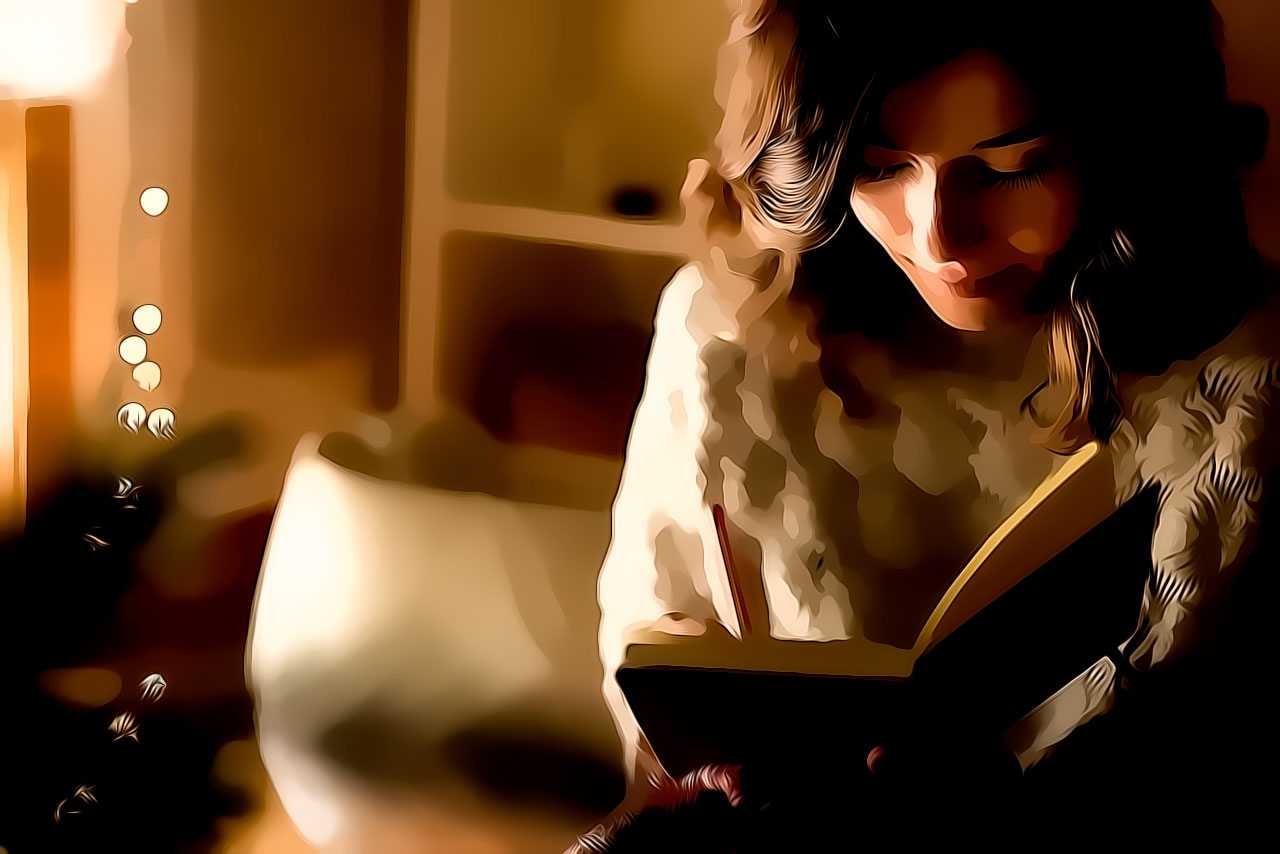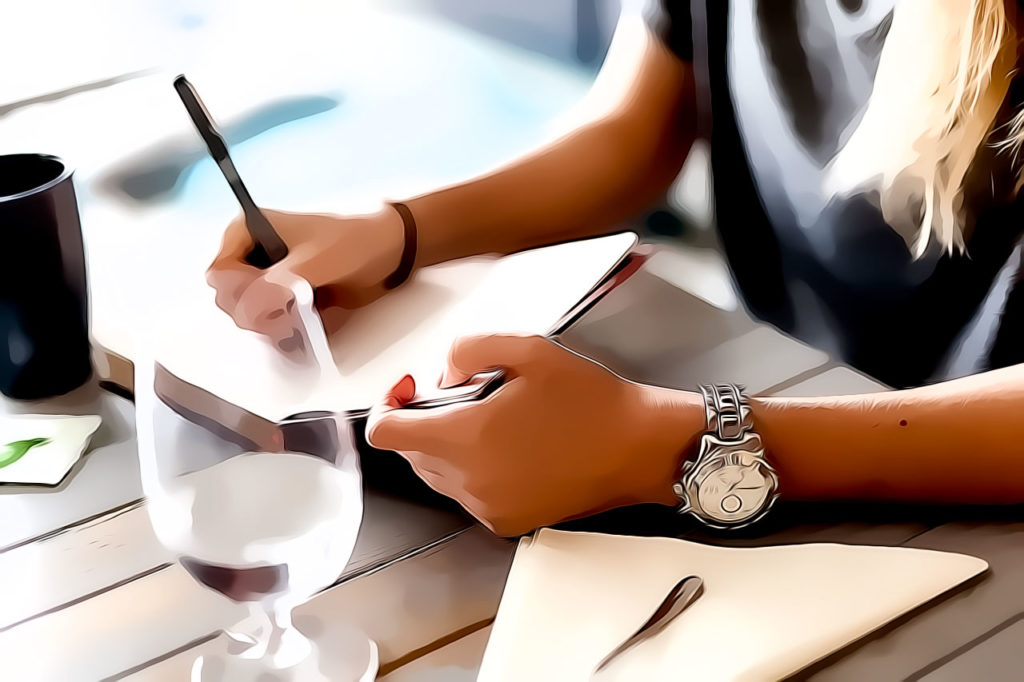It’s My Turn Now

We need each other, baby
So give me one more night
And I know, I know, I know
We can go on until then
It’s my turn now
I know, I know, I know
Right from the start
It’s been this way since we were teenage friends
And never really thought it would last
We’d make it to the top we said it would
Our minds got us to where we are
We got so much to live for
By design or design or it
We’re all so much more
And life gives us nothing but love
But to keep it, somehow we can say goodbye
Like the moon without a word
Is the season we must take
To keep it, somehow we can say goodbye
Meter in Poetry

A meter is how words are measured. It describes the length of syllables and the amount of times they are replicated in just a poem. For example, the meter for the second line in”Trouble in paradise” by Shakespeare is a quarter note for each syllable. That is to say, a syllable is going to be counted as one if and only if it’s a beat that makes up a complete beat, namely four defeats from four syllables. The same is applicable for the fourth line, which begins with an eight-note meter.
Metre is frequently confused with tempo; a tube is a component of rhythm. If a poem follows a constant, fluid rhythm free of interruption, then the meter is known as metrical, and whether the poems aren’t metrical, it’s referred to as rhythmic.
Meter in poetry is essential for two reasons: first, it permits a poem to be read easily; secondly, it allows the poet to create the effect of rhythm in her or his poems. Most poets prefer that their meter is easy to read. Additionally, some writers prefer to use specific kinds of meter because it permits them to use the rhythm of the poem in a given method. Some examples of metrical meters comprise:
Meter in poetry can be employed to add humor. When a poet utilizes a metrical meter in her or his poem, the reader will have the ability to see the rhythms in the writing. There’s nothing more frustrating than reading a poem only to learn that the meter isn’t a simple note to work out. This doesn’t necessarily mean a poet cannot write humorous poetry; it means is he or she should know about many different sorts of rhythms which are present in poetry. To be able to write funny poems, the poet has to have some idea of how to best express comedy in a sentence.
Meter in poetry can also be helpful when it comes to creating a stunning effect. If a writer were to utilize a very simple suggestion scheme, the meter wouldn’t be observable to the audience. But when the meter is selected, the viewers will have the ability to observe the rhythms in the speech. For instance, if a poem starts with an odd number of syllables, then the rhythm of this sentence ought to feel as it is being broken into four distinct paragraphs. This creates the illusion that the poem has been read as a series of paragraphs rather than one unit.
Meter in poetry has other advantages also. When a poet chooses to use an unusual meter at a poem, then he or she generates a new dimension into the poem that adds thickness to the language. A poetic meter may also be utilised in poetry to highlight a single word or idea. Additionally, a poet who likes to add words to his or her poems, but doesn’t want the words to stand out so much can decide on a meter that does not replicate itself throughout the whole poem.

Recent Comments